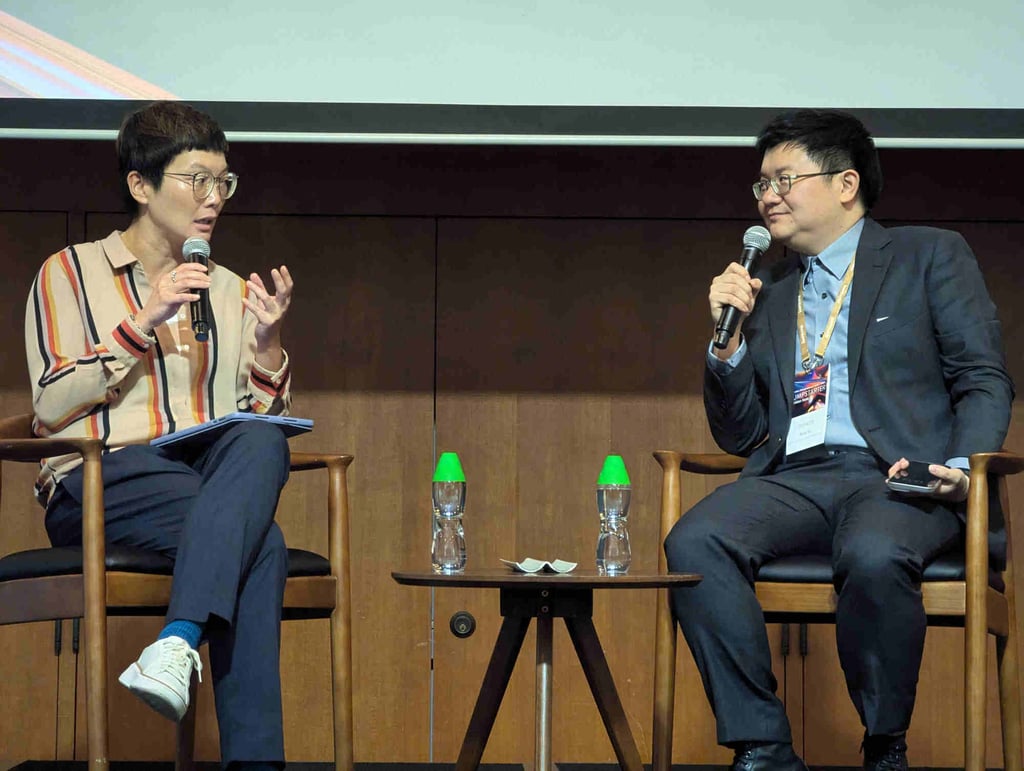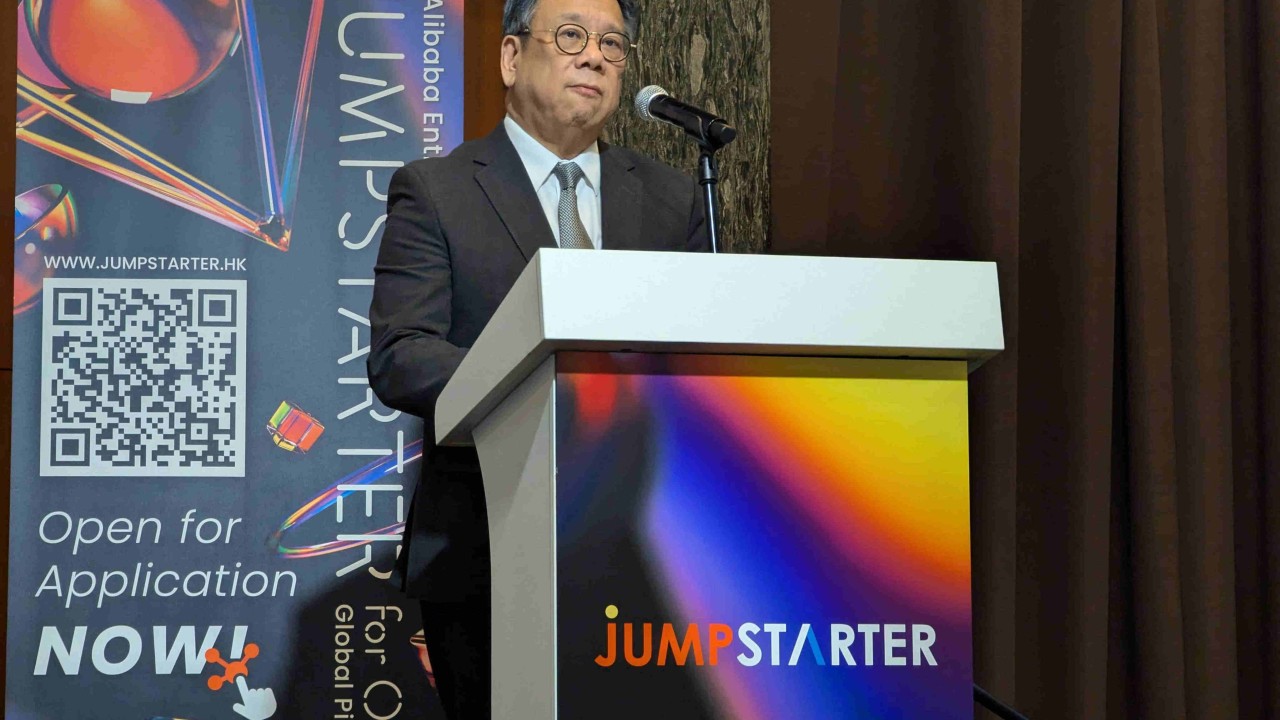Alibaba Group Holding on Monday launched its 2025 annual start-up pitch competition, where a slate of speakers including government officials had a pitch of their own: set up shop in Hong Kong if you want to sell to Asia.
Advertisement
At the Jumpstarter Ignition Gala, organised by Alibaba Entrepreneurs Fund (AEF) and HSBC, officials and industry insiders made their case for Hong Kong’s business environment as the city tries to court more talent in the face of US-China geopolitical tensions. Artificial intelligence (AI), which has become a political flashpoint between the two countries, was a major theme of the event.
“Being the only economy in the world where the growth advantage and the China advantage come together, Hong Kong continues to maintain our uniqueness as one of the most liberal and easiest places to do business in the world,” Secretary for Commerce and Economic Development Algernon Yau Ying-wah said.
Yau pointed to Hong Kong’s legal system, low taxes and business-friendly environment as advantages for start-ups in the city. He also cited recent reports that ranked Hong Kong as the freest economy in the world, from the Fraser Institute, and the top financial market in Asia, from the China Development Institute in Shenzhen and London think tank Z/Yen Partners.

Rong Yu, director of the Language And Science AI Lab at Alibaba’s Damo Academy, also praised Hong Kong’s position between China and international markets. He discussed the academy’s recent SeaLLMs project, which seeks to localise large language models for Southeast Asian markets.
Advertisement
“Especially if you are [targeting] the South[east] Asia region, I think the cultural diversity of Hong Kong is very advantageous, because this cultural diversity will lead to innovations,” he said. “The culture for the local region is very important, and in Hong Kong maybe you can find cultural experts more easily than in other regions.”

